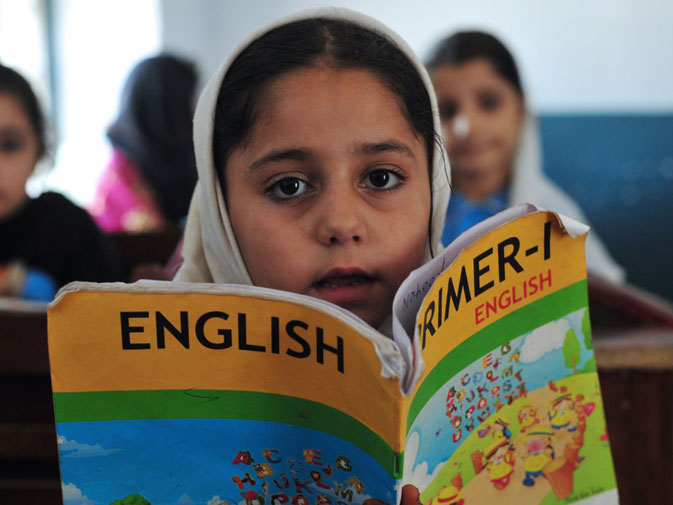
It may be said that the federal government has the responsibility to provide pre-primary, primary and secondary education in the Islamabad Capital Territory and cantonment areas. It may also be said that the federal government has to cater to the tertiary education in the same areas. But the amount is almost the same as the total education budget of Khyber-Pakhtunkwa. As a matter of fact, pre-primary and primary education get 6.6 per cent of the total education budget. Another 9.7 per cent goes to secondary education. Development budget for the former is a mere eleven million rupees and two billion rupees for the later. Education services not definable by level, subsidiary services, administration and education affairs and services not elsewhere classified claim 4.8 per cent.
As much as 79 per cent of the total education budget of the federal government is for tertiary education. This does include the colleges and federal universities like the Quaid-i-Azam and Allama Iqbal Open universities, but the large bulk is for the Higher Education Commission (HEC). In absolute terms, the HEC has been allocated Rs62.2 billion or 47.4 per cent of the total federal education budget. Out of this, Rs35.7 billion is for development. Education, as the prime minister rightly observed, is a devolved subject. Higher education is a part of education. A transitional arrangement was provided through a Council of Common Interest decision that the federal government will continue to fund the Higher Education Commission until the period of the current National Finance Commission (NFC) Award. Instead of using the period for winding down, the HEC has piled up an unmanageable portfolio of projects. For the HEC, the delay in the next NFC has led to what is called cobra effect: the NFC respite has made the problem worse.
At the start of the present budget, the HEC had a large portfolio of 115 ongoing projects with a total cost of Rs200 billion. Out of this, only Rs75 billion had been utilised. The new budget has added 62 more projects worth Rs48 billion. As a result, the HEC alone has 15 per cent of the total number of projects in the PSDP, second only to the water and power sector. Most of the projects, 52 to be exact, are unapproved. Even eight ongoing projects are stated to be “under process”. The haste shown reflects nothing but bad planning.
Education spending by the federal government is a mess. The constitution makes it responsible only for regulatory responsibilities and international coordination. This will require a statutory regulatory body like Nepra or Ogra. As for education, including higher education, in the federally controlled territories, federal education and professional training division is the natural location. The educational responsibilities assigned to the capital administration and the development division also belong here.
Published in The Express Tribune, August 18th, 2017.
Like Opinion & Editorial on Facebook, follow @ETOpEd on Twitter to receive all updates on all our daily pieces.











































COMMENTS
Comments are moderated and generally will be posted if they are on-topic and not abusive.
For more information, please see our Comments FAQ